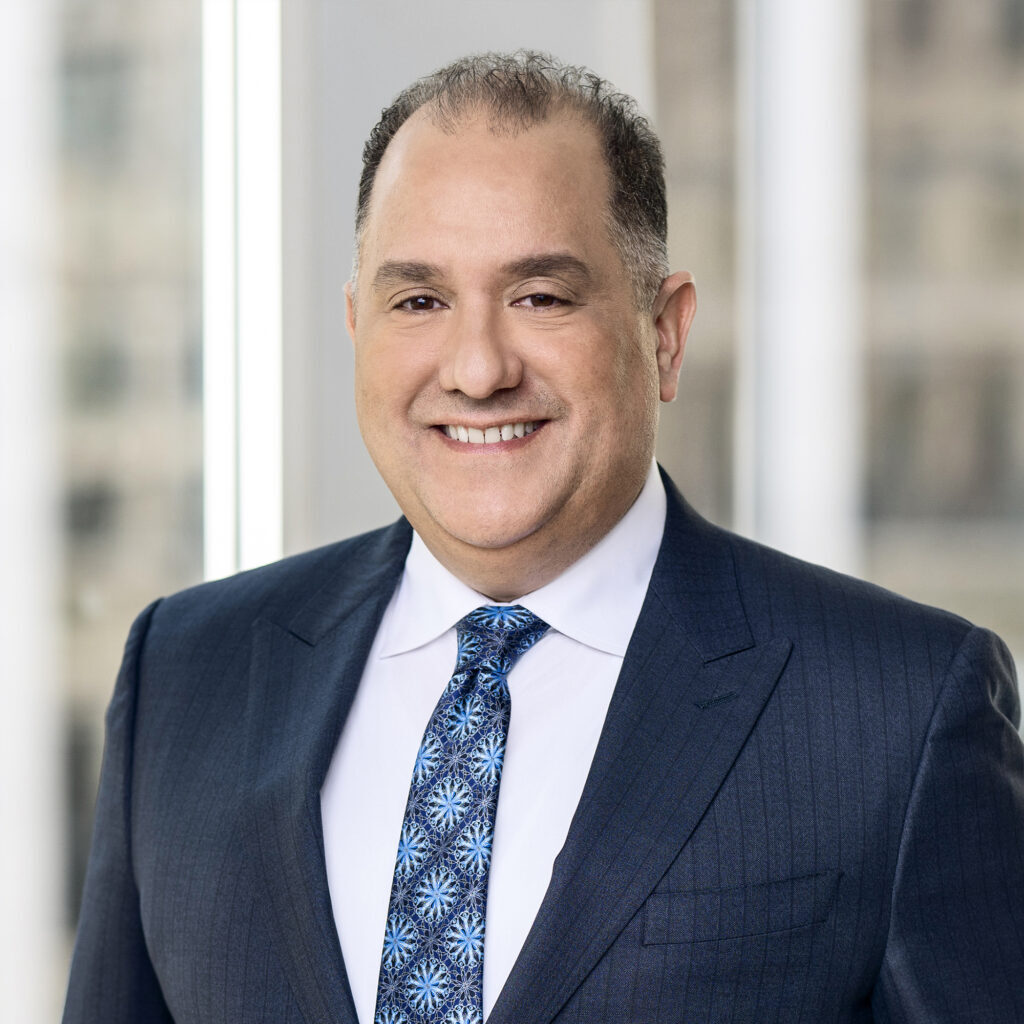Services
Online Gaming & Gambling
At the intersection of interactive gaming and government regulation, one firm stands out.
Ifrah Law has represented online gaming clients since the inception of the industry and now represents many of the largest iGaming and online sports betting companies, ancillary service providers, and industry associations in the world. We have been at the center of precedent-setting prosecutions and lawsuits in the online gaming industry, and we were instrumental in the creation of the legislative and regulatory frameworks in the first states to permit online gaming: Delaware, New Jersey, Nevada, and Pennsylvania.
Nationally ranked by Chambers USA in Gaming & Licensing Law, Jeff Ifrah and his firm bring decades of experience in betting and wagering law to advise clients across the online gaming ecosystem. We have represented clients in the sports betting arena, including FanDuel, FOXBet, Bet365, Playtech, Unikrn, WorldPay/FIS Global, and Sportradar, and advised startups in the eSports space, including both real money and skill-based p2p competition sites, on compliance with both state and federal law. Ifrah Law’s practice also extends to representing players and agents in the NFL, NBA, and NHL, teams in MLS and the WNBA, as well as emerging sports leagues.
We advise online casino operators, poker and fantasy sports sites, and payment processors on class action lawsuits, mergers and acquisitions, vendor and supplier issues, government investigations, and criminal matters. We also serve as Special Internet Counsel for the Delaware State Lottery. Jeff and his team have also gained a strong reputation in other innovative web-based industries such as payment processing and money transmission.
Ifrah Law is a founding member of iDEA (iDevelopment and Economic Association), an association, which seeks to grow jobs and expand online interactive entertainment business in the United States through advocacy and education. Members of iDEA include, Boyd Interactive, DraftKings, Fanatics, Light & Wonder, and Worldpay, among others. On behalf of iDEA, Ifrah Law submitted an amicus brief to the Supreme Court in the seminal sports betting case Murphy v. NCAA, which was decided in favor of iDEA’s argument urging the rights of states to direct their own economies.
Two characteristics uniquely qualify Ifrah Law to represent iGaming companies:
- Our substantial experience in both criminal defense and civil litigation. This is invaluable because even civil cases can expose iGaming companies to criminal prosecution. We are litigators who know the risks and how to avoid them.
- Our knowledge of the Online Gaming industry and the people who work in it. We are a firm of lawyers who share a passion for understanding our clients and their businesses. Through our representation of iGaming businesses since the industry’s beginnings, we have acquired an in-depth understanding which is key to our ability to craft solutions that meet our clients’ goals.
The firm provides key insights on their blog, Ifrah on iGaming, and maintains a timely white paper entitled, “The Definitive Guide to Online Gaming and Betting in the U.S.” (available for download here), a comprehensive overview of iGaming legislation and business opportunities. The firm has been honored by industry associations such as eGaming Review for its innovation, excellence, and dedication to best practices, and Jeff Ifrah frequently presents on issues pertaining to iGaming law for organizations like the American Bar Association (ABA), the International Masters of Gaming Law (IMGL) and the International Association of Gaming Advisors (IAGA).
Related Services





